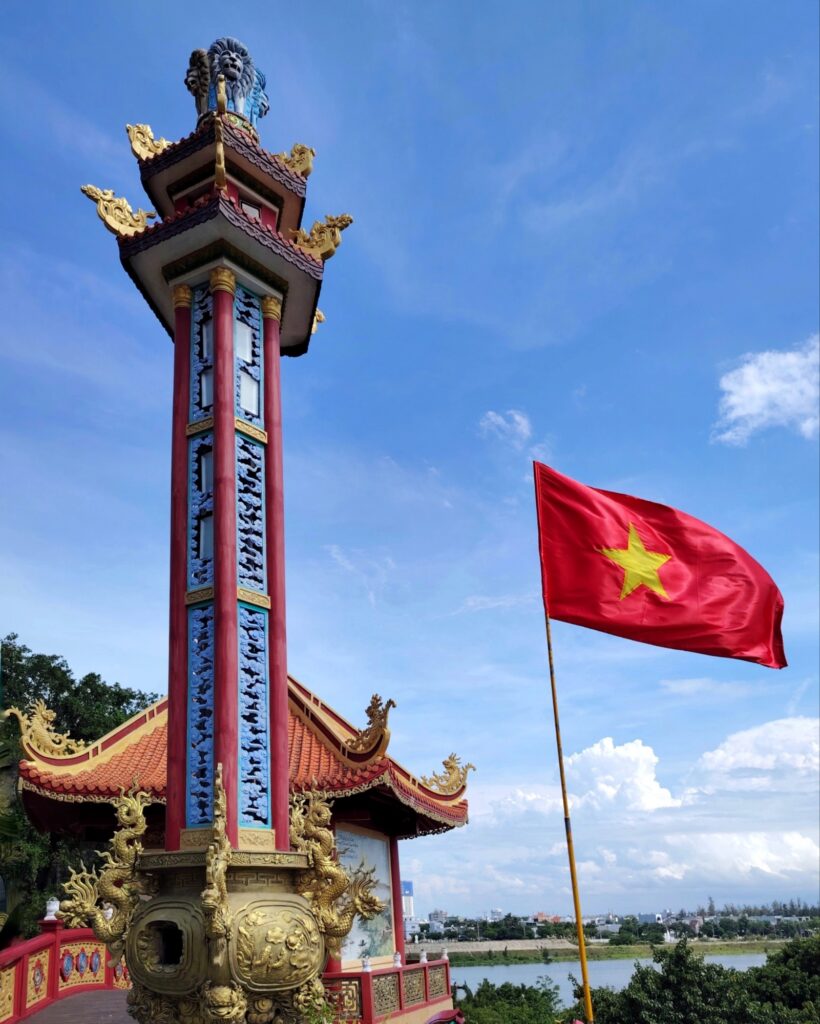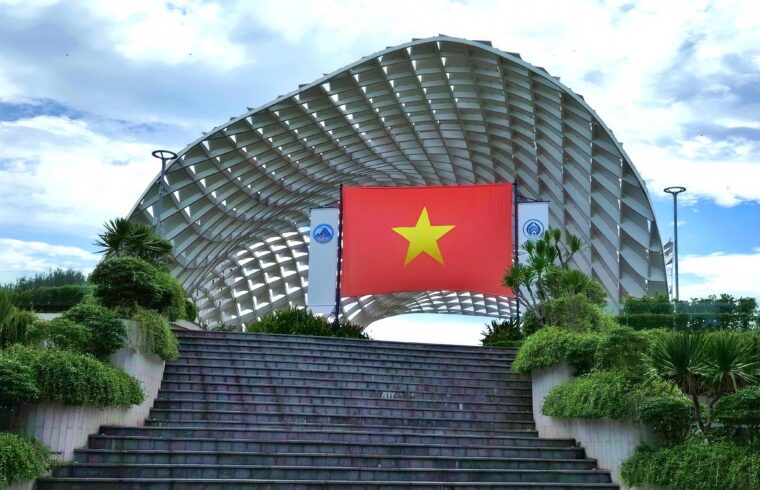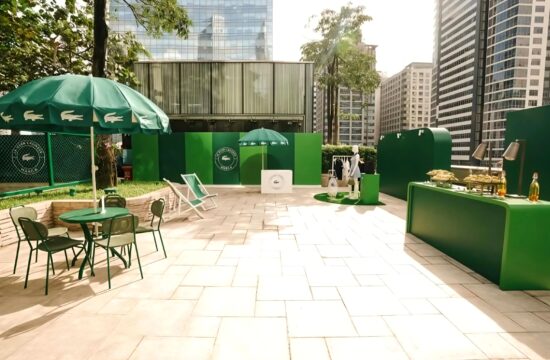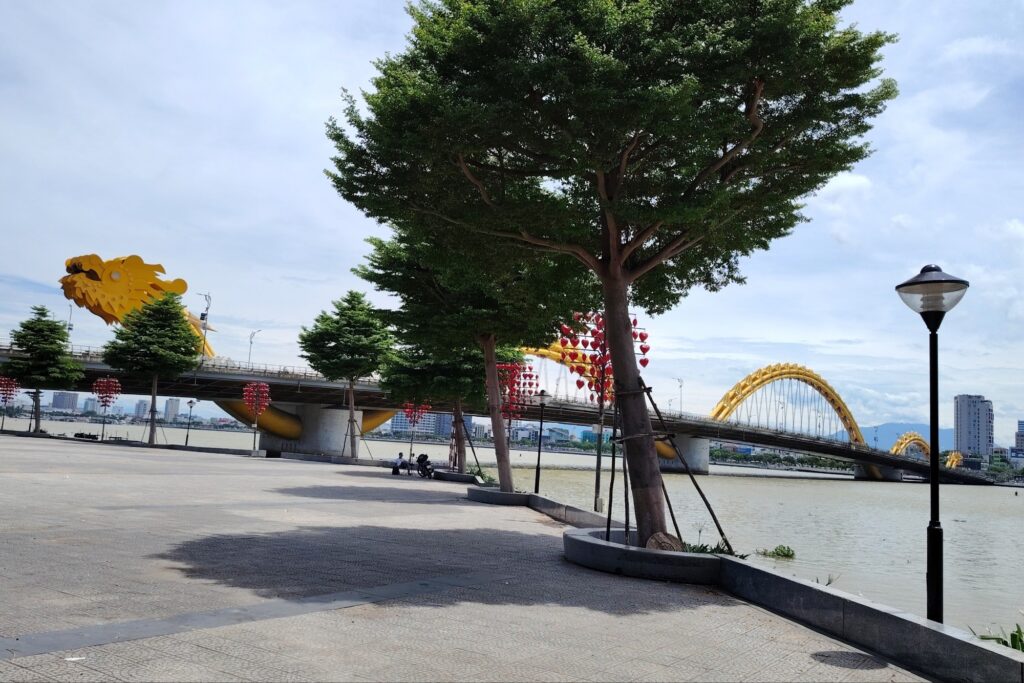
Da Nang is a city that greets you with movement. The hum of motorbikes, the shimmer of the Han River, the sweep of clouds over the Marble Mountains—it feels alive even when standing still. At dusk, the bridges turn into spectacles: the Dragon Bridge breathing fire into the night sky, the river reflecting bursts of color from neon-lit cafés. The air is salted from the sea, spiced with smoke from street vendors, and filled with the clamor of families strolling along the waterfront.
We arrived not during a national holiday. Even so, conversations with locals often drifted to Vietnam’s National Day—a celebration they insisted we should not miss, urging us to return and see the country at its most spirited. Each September 2, the nation recalls the morning in 1945 when Ho Chi Minh declared independence from colonial rule. In Hanoi and Ho Chi Minh City, parades and fireworks mark the occasion; in Da Nang, the holiday spills onto the streets in a more intimate way—flags unfurled from balconies, families gathered along the river, fireworks mirrored on the waves. Though we were not there to witness it, locals described it with such familiarity that it was easy to imagine: a city already vibrant, leaning further into joy.
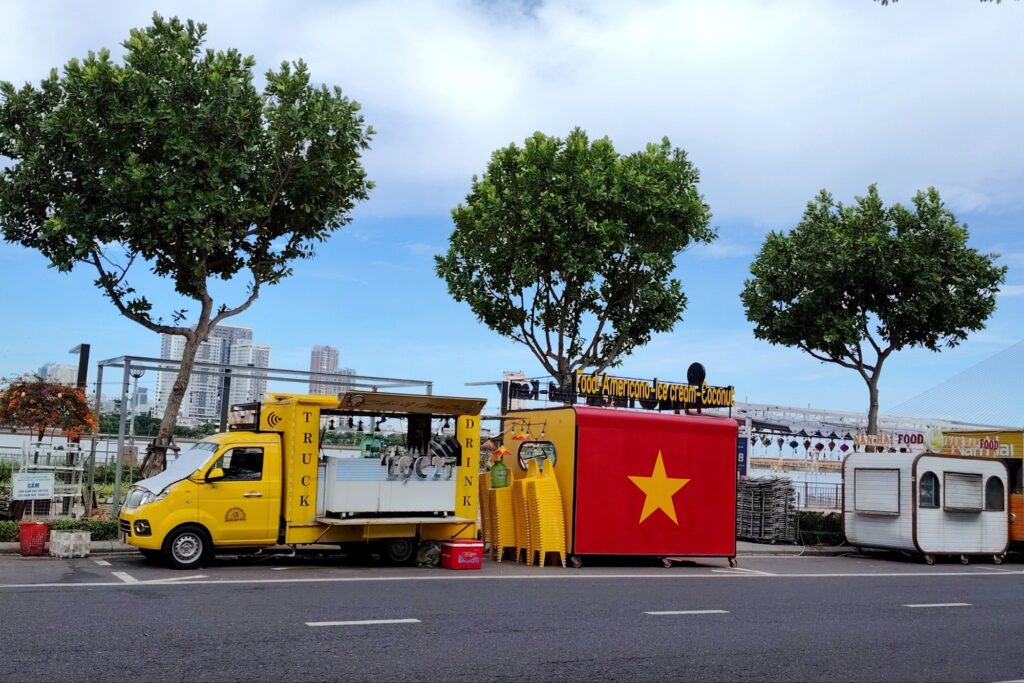
Even without the spectacle of the holiday, Da Nang felt welcoming in a way that went beyond scenery. For Filipinos, who have been arriving in greater numbers in recent years, that sense of ease is immediate. “Filipinos are friendly, emotional, and caring people. We feel like family,” said James Thanh, a tour guide who had grown accustomed to leading groups through the city’s streets and coastal landscapes. His comment was more than professional courtesy; it reflected a genuine recognition of kinship.
Language helps, of course. English bridges the gap, but what truly resonates is candor. Filipinos say what they like and what they don’t—an honesty that guides find refreshing. It allows itineraries to bend without guesswork, meals to be chosen with confidence, and small misunderstandings to be resolved quickly. “They are polite and considerate,” Thanh explained, “and that makes our work easier.”
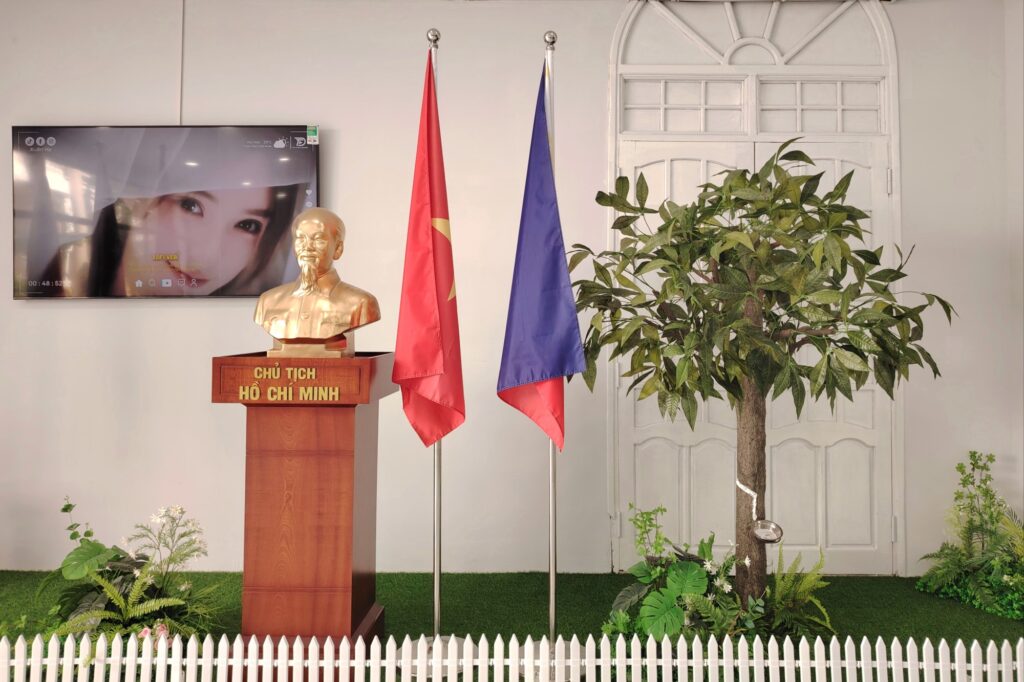
Still, hospitality—even in a city as generous as Da Nang—has its fragile edges. When an optional excursion is declined—perhaps a river cruise or a day trip outside the city—the shift in mood is palpable. What begins with warmth and buoyancy can turn businesslike, the tone clipped, the timing suddenly rigid. Tourism is a performance of intimacy, and sometimes the mask slips. Yet those moments never eclipsed the broader kindness, which lingered far longer than the flicker of tension.
What remained for us was a sense of recognition. Da Nang, with its mountains, beaches, and bridges, felt foreign and familiar at once. The way families gathered along the Han, sharing snacks and laughter, could have been a seaside promenade back home. We wandered the long curve of Da Nang Beach, where fishermen untangled their nets at dawn and couples traced the shoreline barefoot at dusk. We climbed the worn stone steps of Marble Mountain, past shrines tucked into caves that carried the mingled scent of incense and sea air. Meals became their own journeys—steaming bowls of phở fragrant with star anise and lime; crisp bánh mì filled with pâté, pickled vegetables, and fresh cilantro. The flavors lingered, layered and generous, much like the city itself.
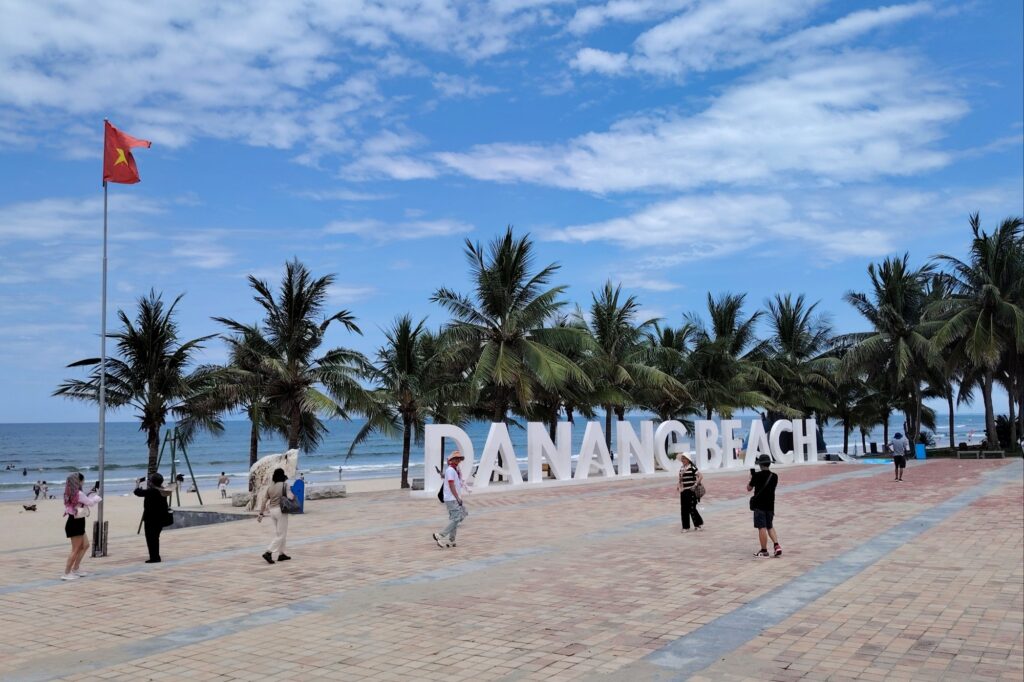
What made the experience feel most alive, however, were the encounters. For Filipinos like us, Da Nang offered an unexpected sense of home. Families along the river, street vendors calling out, music spilling from cafés—these echoed scenes from Manila or Cebu. It was foreign, yet familiar. The similarities made us feel less like outsiders and more like distant relatives rediscovering kin.
And so, even without the fireworks of September 2, Da Nang offered its own quiet celebration. The city itself was the holiday—its lights, its laughter, its openheartedness. For Filipino travelers, Da Nang was not just another stop on the map but a place that felt familiar in its rhythms—grounded in history, welcoming in its hospitality, and memorable in the simplicity of everyday life.
